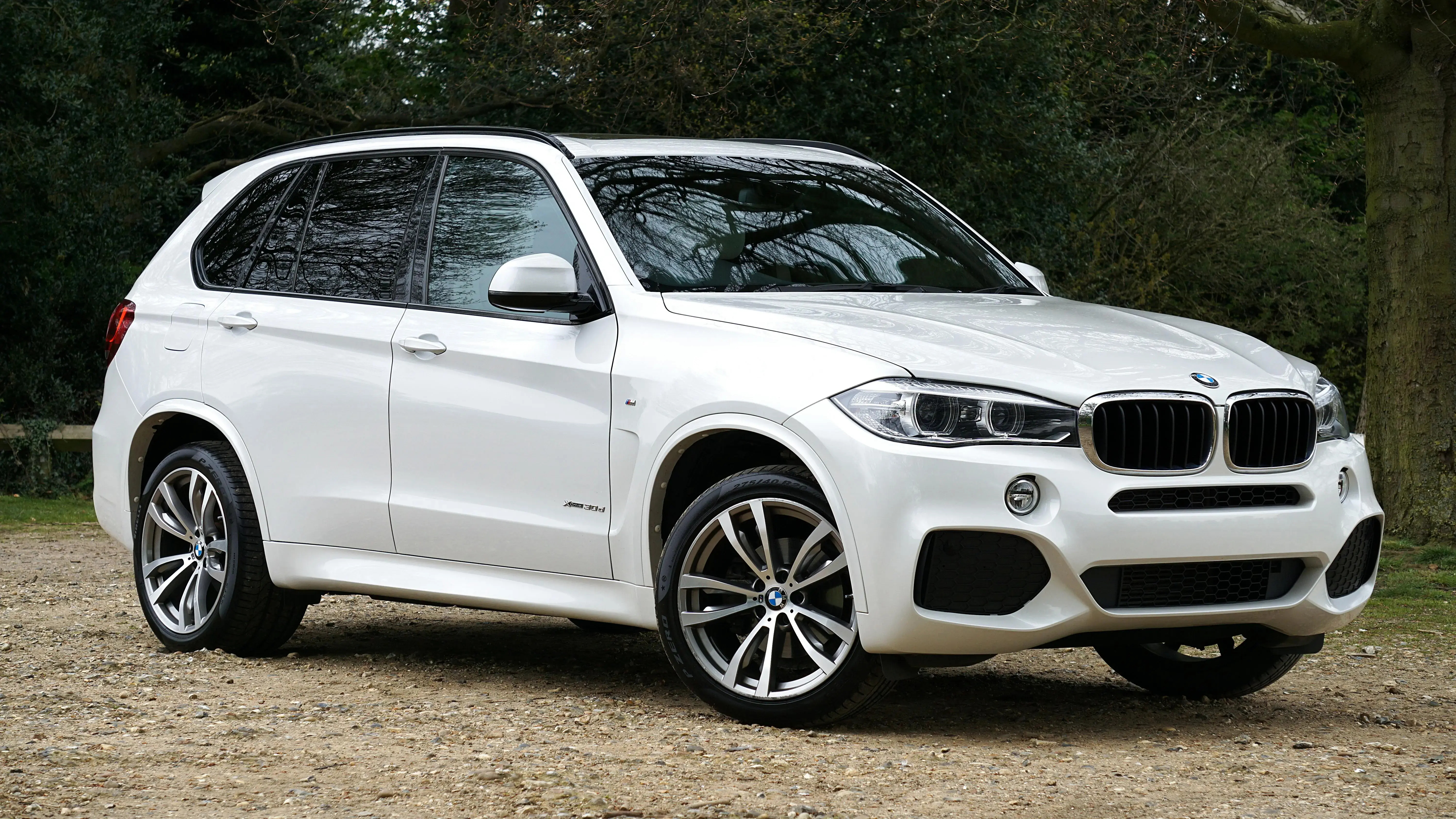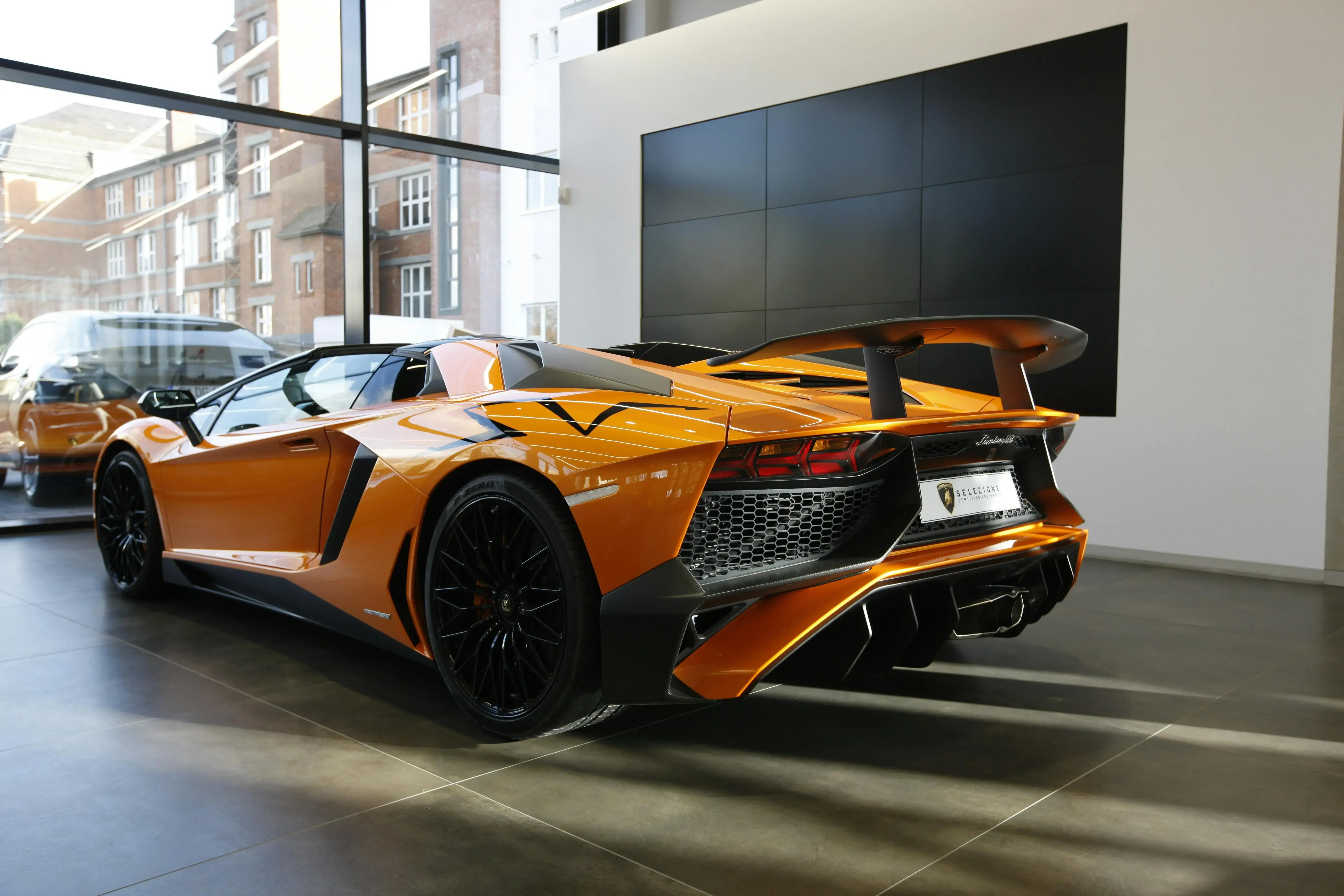How Much Does It Cost to Import a Car from Japan to the US in 2026?
Japan remains the ultimate source for JDM imports to the U.S.—from Skyline GT-R and RX-7 to kei icons and rare trims never sold stateside. As of 2026, tariff treatment can significantly affect total cost depending on origin and HTS classification—not all vehicles are impacted the same way.
Why a full cost breakdown matters
Accurate planning means itemizing tariffs/duties, compliance, right-hand-drive (RHD) considerations, and fees. This guide covers 25-year classics that qualify for established tariff exemptions and modern vehicles that may need EPA/DOT modifications.
Critical update on 2026 tariffs
-
Base duty (most passenger cars): 2.5% (HTS 8703.x).
-
10% baseline tariff (2026 update): May apply in addition to the base duty depending on origin and HTS classification.
-
Section 232 (finished vehicles): 25% for non-exempt countries. Applicability for Japan-origin vehicles can vary with current policy—confirm at entry.
-
25-year exemption: Vehicles 25+ years old, when properly coded under HTSUS 9903.94.04, are exempt from the 25% Section 232 tariff and typically pay only the 2.5% base duty.
What this means: Depending on origin/content and HTS coding on CBP Form 7501, duty load could be 2.5%, 12.5% (2.5%+10%), or up to 37.5% (2.5%+10%+25%).
Current shipping costs Japan → USA
-
Ocean freight (Yokohama/Tokyo/Osaka/Nagoya/Kobe → New York): ~$3,050 with ~45-day transit via the Panama Canal (typical, not guaranteed).
-
West Coast arrivals: Shorter transit; pricing varies by lane and carrier.
-
Cost variability: Fuel surcharges, congestion, equipment availability, seasonality, and carrier adjustments can move rates materially.
Methods & optimization
-
Containers: Highest protection; single-vehicle or consolidated (shared) options that can reduce per-car cost in optimal multi-vehicle consolidations (often up to ~50%).
-
RoRo: Sometimes cheaper but offers less protection and limited availability for classics/modified cars.
-
Special handling: Climate-controlled/enhanced security adds $1,500–$3,500.
Market factors
-
Fuel surcharges (Pacific): Often add ~$300–$500.
-
Auction seasonality: Major Japanese auctions influence export volume and container availability.
2026 duties & the 25-year rule (Japan)
Japanese-origin vehicles follow the U.S. framework above; actual tariff outcome depends on origin, classification, and exemptions.
Tariff structure (effective April 2026)
-
Base duty (passenger cars): 2.5% (HTS 8703.x).
-
10% baseline tariff: May apply in addition (origin/HTS dependent).
-
Section 232 (finished vehicles): 25% for non-exempt countries.
-
25-year exemption: HTS 9903.94.04 exempts qualifying classics from the 25% Section 232; the 2.5% base duty typically still applies.
“Which 2000 models qualify now?”
Eligibility is determined by build date, not model year. In 2026, vehicles manufactured in 2000 qualify as they pass their exact production month and day (for example, a car built in October 2000 qualifies once the entry date is on or after October 2026).
Examples that may qualify as their specific build dates roll past include: 2000 Honda S2000 (AP1), 1999–2000 Nissan Skyline GT-R (R34), 2000 Toyota Supra RZ (JZA80), 2000 Mazda RX-7 Type RZ (FD3S), and 2000 Subaru Impreza WRX STI Version VI.
Light trucks (“Chicken Tax”)
Certain light-truck classifications (often HTS 8704) are subject to a 25% Chicken Tax. Whether additional tariffs (10% baseline and/or 25% Section 232) apply is not automatic and must be confirmed by HTS coding on CBP Form 7501. Kei mini-trucks can trigger extra state registration constraints—verify use cases before import.
Mandatory processing fees (typical)
-
Harbor Maintenance Fee (HMF): 0.125% of the import entry’s value as determined for HMF purposes (valuation rules can differ—confirm with your broker).
-
Merchandise Processing Fee (MPF): 0.3464% of entered value; min $31.67 / max $634.62.
-
Customs bond: Usually ~10% of declared value; common costs $150–$500 depending on bond type/vehicle value.
Real-world duty scenarios (Japan)
Classic JDM icon (¥3,500,000 / $25,000) — 25-year exemption qualified
-
Shipping (to NY): $3,050 (est.)
-
Duty (2.5%): $625 (Section 232 exempt via 9903.94.04)
-
HMF (~0.125%): ~$31.25
-
MPF (~0.3464%): ~$86.50
-
Bond: ~$250
-
Total duties & fees: ~$4,043 (illustrative; exemption yields major savings)
Modern Japanese performance (¥6,500,000 / $46,000) — show three outcomes
-
Shipping (to NY): $3,050 (est.)
-
Scenario A (Base only): 2.5% = $1,150
-
Scenario B (Base + Baseline): 12.5% = $5,750
-
Scenario C (Base + Baseline + Section 232, non-exempt): 37.5% = $17,250
-
HMF/MPF/Bond (illustrative): HMF ~$57.50, MPF ~$159.14, bond ~$460
-
Note: Final treatment depends on origin, content, and HTS coding on Form 7501.
EPA/DOT compliance (Japan)
Modern (<25 years): Requires U.S. compliance via Registered Importer (RI) or ICI.
Indicative RI costs:
-
Lighting: $2,000–$5,500
-
Emissions: $4,500–$13,000
-
Safety systems: $3,500–$10,000
-
Cluster/speedo: $600–$1,500
-
Typical RI total: $10,600–$30,000 (vehicle complexity and retrofit kit availability drive variance)
(Excludes any optional RHD→LHD conversion.)
-
-
EPA: $25,000–$50,000
-
DOT testing (full crash is rare): $18,000–$45,000
-
Admin/certification: $10,000–$25,000
-
Typical ICI total: $53,000–$120,000 (generally uneconomical vs. waiting for 25 years)
ICI path (when RI not available):
-
Right-hand drive (RHD):
-
Federal: RHD is legal; no federal requirement to convert.
-
States: Some impose extra inspection/insurance hurdles or usage limits; others register RHD routinely.
-
Optional conversion: Professional RHD→LHD conversions typically $20,000–$40,000—most JDM collectors keep RHD.
25-year rule: Vehicles 25+ years old usually require no EPA/DOT modifications and, when coded under 9903.94.04, are exempt from Section 232 (2.5% base duty typically applies).
Additional cost considerations
-
Customs brokerage: $400–$800 (complexity dependent).
-
Pre-purchase inspections (Japan): $300–$600 (auction sheet verification/undercarriage/mechanical).
-
Collection to port (JP): $200–$500.
-
U.S. delivery: Typically $800–$1,200 (distance/equipment dependent).
-
State registration/taxes: Registration $100–$800 plus state/local sales tax; kei cars and RHD may face state-specific rules.
-
Transport coverage: International coverage typically 0.5–2% of vehicle value.
Complete Japanese import cost examples
Classic JDM (1998 Nissan Skyline GT-R R33 V-Spec) — 25-year exemption qualified
-
Purchase: ¥3,200,000 ($22,500)
-
JP collection: $350 (est.)
-
Ocean freight (Yokohama→NY): $3,050 (est.)
-
Duty (2.5%): $563 (Section 232 exempt via 9903.94.04)
-
Processing fees (HMF/MPF): ~$95
-
Customs brokerage: $500
-
U.S. delivery: $800
-
Estimated total: ~$27,858 (illustrative; exemptions apply)
Modern JDM (2015 Honda Civic Type R FK2)
-
Purchase: ¥4,500,000 ($32,000)
-
JP collection: $400 (est.)
-
Ocean freight (Yokohama→NY): $3,050 (est.)
-
-
Base only 2.5% = $800
-
Base + baseline 12.5% = $4,000
-
Base + baseline + Section 232 (non-exempt) 37.5% = $12,000
Duty scenarios:
-
-
Processing fees: ~$140
-
RI modifications (performance est.): $16,000
-
Customs brokerage: $650
-
U.S. delivery: $900
-
Estimated total: Varies widely by tariff scenario and compliance pathway.
For detailed cost calculations specific to your Japanese vehicle import considering 25-year exemptions, RHD factors, and current tariff structures, use our car import calculator to receive personalized estimates.
Cargo Damage Protection
Even with professional handling and secure loading, unexpected incidents can occur during lengthy Pacific ocean shipping. West Coast Shipping offers Cargo Damage Protection to safeguard your vehicle from potential loss or damage while in transit. This optional coverage provides peace of mind and ensures that, in case of unforeseen events, your investment remains protected.
This comprehensive protection covers various scenarios including damage during loading/unloading, weather-related incidents during 45-day Pacific crossings, and handling mishaps. For valuable JDM vehicles, particularly rare GT-Rs, Supras, or NSX models, this additional protection represents a small investment relative to potential financial exposure.
Professional Japanese Import Services
West Coast Shipping specializes in Japanese vehicle imports with comprehensive services designed to navigate JDM-specific challenges, 25-year rule benefits, and right-hand drive considerations while minimizing total costs.
Comprehensive Japanese Import Support
25-Year Rule Expertise: Expert confirmation of 25-year exemption eligibility ensuring maximum duty and compliance savings for classic JDM imports manufactured in 2000 or earlier.
Japanese Auction Access: Direct relationships with major Japanese auto auctions (USS, JU, TAA) providing access to thousands of JDM vehicles with professional bidding services.
Pre-Purchase Consultation: Expert guidance on JDM vehicle selection considering 25-year eligibility, right-hand drive implications, compliance requirements, and total cost optimization.
Specialized Services for JDM Imports
Classic JDM Expertise: Comprehensive knowledge of Japanese automotive history, model authenticity verification (particularly for GT-Rs and Supras), and collector market values.
Japanese Auction Sheet Translation: Professional translation and interpretation of Japanese auction inspection sheets, grade ratings, and condition reports ensuring informed purchase decisions.
RHD Consultation: Professional guidance on right-hand drive implications including state-specific restrictions, daily driving considerations, and conversion cost-benefit analysis.
Pacific Shipping Optimization: Strategic routing recommendations balancing transit time versus cost for East Coast versus West Coast delivery based on individual requirements.
For comprehensive information about importing vehicles from other countries and comparing costs across different automotive markets, visit our complete country-by-country import cost guide.
Frequently Asked Questions About Importing Cars from Japan to the US
How much does it cost to import a JDM car from Japan?
Totals depend on the duty scenario (base 2.5% only; base + 10% baseline = 12.5%; or base + baseline + 25% Section 232 = up to 37.5%), plus compliance and logistics.
-
Classic example (1998 Nissan Skyline GT-R — 25-year exemption): ~$27,858 all-in (purchase, ~$3,050 ocean, 2.5% duty, typical fees, domestic delivery).
- Modern example (2015 Honda Civic Type R, $32,000 purchase): about $53.9k – $65.9k depending on duty scenario (includes ~$3,050 ocean, typical fees, ~$16k RI mods):
-
2.5% duty: ~$53.9k
-
12.5% duty: ~$57.9k
-
Up to 37.5% duty (non-exempt Section 232): ~$65.9k
(A single mid-case using 27.5% duty lands around $61.9k. Actual treatment depends on origin/content and HTS coding on CBP Form 7501.)
Do Japanese right-hand drive cars need conversion?
Vehicles 25+ years old typically avoid EPA/DOT compliance (saving about $10,600–$30,000) and, when properly coded under HTSUS 9903.94.04, pay only the 2.5% base duty (exempt from the 25% Section 232 tariff).
-
Eligibility is determined by build date (month/day), not just model year. In 2026, vehicles built in 2001 qualify as they reach their 25th production anniversary. Classic Skylines, Supras, and RX-7s benefit most.
Do Japanese right-hand drive cars need conversion?
No federal conversion requirement. Many states register RHD routinely, though some limit daily use or add inspection/insurance steps. Optional RHD→LHD conversion runs $20,000–$40,000, but most enthusiasts keep RHD for authenticity.
How long does shipping take from Japan to the US?
Typical Yokohama → New York transit is ~45 days via the Panama Canal at ~$3,050 (not guaranteed). West Coast arrivals are shorter; timing and cost vary with port pair, routing, season, and capacity.
Get Your Japanese Import Cost Assessment Today
Importing vehicles from Japan to the United States in 2026 offers extraordinary opportunities through the 25-year import rule, providing access to legendary JDM performance cars at dramatically lower costs than modern imports. Understanding complete cost structures including shipping, the transformative 25-year exemption benefits, and right-hand drive considerations enables informed decision-making for successful JDM imports.
Contact our Japanese import specialists today to discuss your specific JDM vehicle requirements and receive detailed cost breakdowns considering 25-year exemptions, Pacific shipping routes, RHD factors, and compliance pathways.
You May Also Like
These Related Stories

How Much Does It Cost To Import A Car From The UK To The US In 2025?

How Much Does It Cost To Import A Car From Norway To The US In 2025?

-093789-edited.png?width=220&height=79&name=wcs_final_logo_(1)-093789-edited.png)
